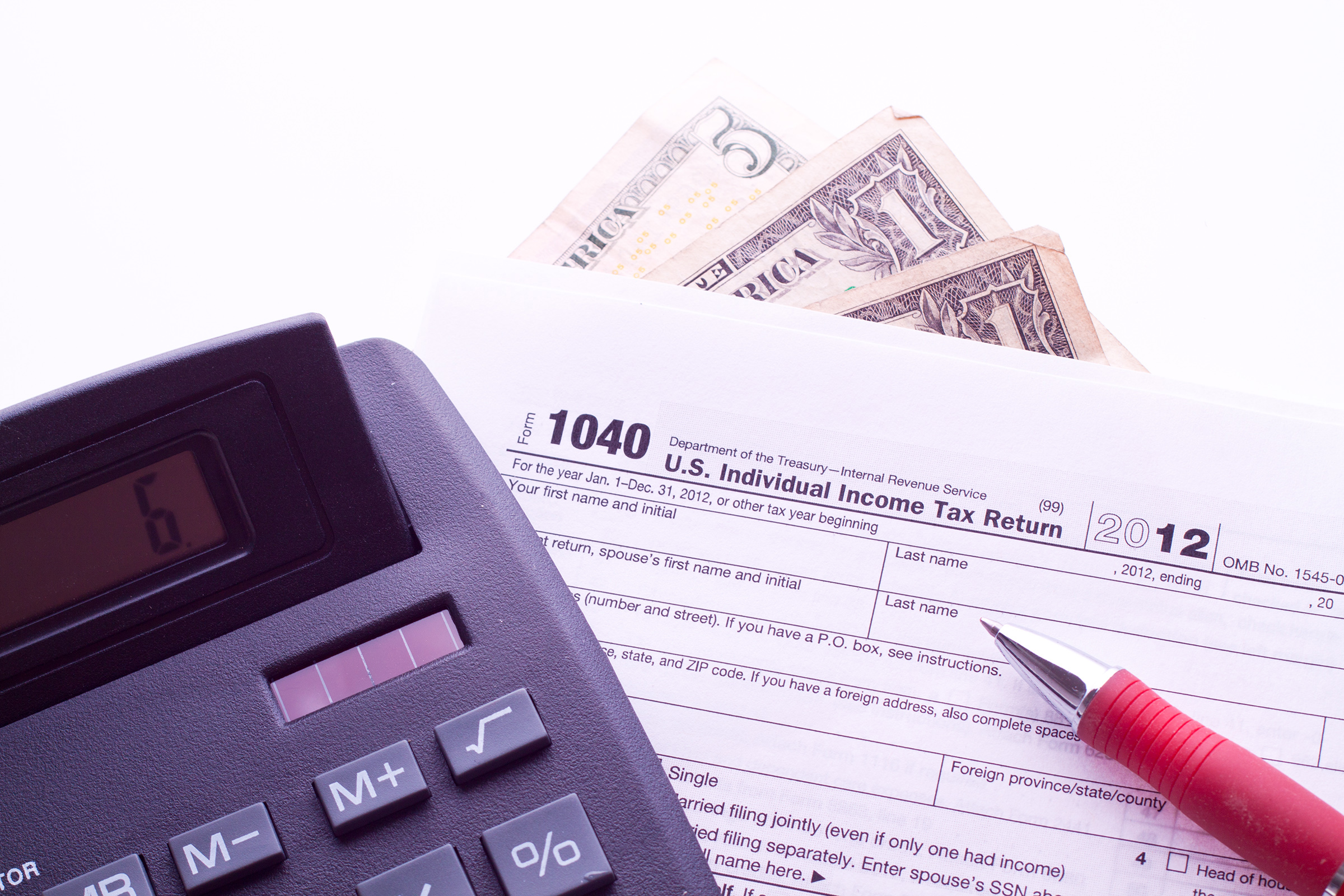Unlike other types of loans that include a heap of paperwork and documentation, Stated Income Loans will require the borrowers to state their income to get the credit lines flowing. After a comeback, this is the state of Stated Income Loans in 2019.
The Government believes that the Stated Income Loans was one of the reasons for the collapse of the Housing Market in 2008. Despite this, there are lenders that provide home loans with no income documents or tax returns.
This type of loan is boon to contractors or self-employed borrowers who find it difficult to provide documents of income. But as a downside, one can get such loan only to buy a non-occupying property used as a purpose of investment.
Stated Income Loans have become a way of investment for Small business owners, Investors, and Self Employed Professionals in 2019.
This way of Investment allows investors to grow their assets and rent the property without completely recording their income. It majorly helps house flippers, investors and landlords.
Stated Income Loans
One cannot get a stated income loan if they want to refinance their house or even to buy a new house to live in. It is made illegal to get stated income loans as a customer loan as the owner-occupied loans are monitored by the Financial Protection Bureau.
The borrowers with the Stated Income Loans were the first among the defaulters when the Mortgage market crashed in 2008.
Adding to that was the large chunk of all the loans that were approved under the Stated Income Loans applications, as it made the processing of loans faster.
After the market crash, the Dodd-Frank Act of 2010 was written, making Stated Income Loans illegal for lenders to offer on owner-occupied properties.
In 2014, the new rules stated that if a lender does not verify the borrower’s ability to pay the instalments of the home loan will have the risk of the mortgage being challenged in the court of law.
Who can get Stated Income Loans?
Stated Income Loans are not given out to just any investor casually. It requires the borrower to have a relatively high credit score, enough amounts of cash reserves and none challengingly high down payments.
The borrower needs to make a down payment of 30 percent or more
instead of the usual 20 percent as on a traditional loan. The loan provides a
maximum of 70 percent of Loan to value. Most of the borrowers make a down
payment of about 35-50 percent.
The borrower has to state their monthly gross income on the application and the
lender will verify your employment.
Apart from this, Bank statements and asset documentation are necessary to convince that you have the money.
Apart from the borrower’s reputation of repaying loans, the ease of getting a stated income loan approved also depends on the lender’s tolerance to risk.
The down payment is also a reason for lenders to believe that the borrower will have invested enough in the property and the possibility of defaulting will go down relatively.
This
equity position displacement makes it a win-win case until all parties are
doing what they are required to.
The drawback of the business model lies in its rates which are comparatively
higher than all conventional loans. The down payments are high too.
Stated Income Loans are useful for?
Stated Income Loans are good opportunities for investors who buy or develop rental properties to increase their cash flow, or for flipping properties to sell them after remodelling, which the loan is required for.
Some Investors also use this type of loan when they have large amounts of money coming in after some time, but can’t give up on a profitable property deal. Some Investors also use these loans to limit using up their own cash on a single investment and thus investing in multiple options.
Another bunch of Investors who use Stated Income Loans are self-employed professionals, who find it hard to get conventional loans due to lack of Income documents.
Stated income loans serve best to
- Finance flipping a property
- Finance a deal when large amounts of cash are yet to arrive
- Reduce capital required to buy or flip a property
Hard money loans are designed to be low risk for lenders and for borrowers who have collateral to back their loan. The interest rates are high and the repayment term is short which is around 12 months.
Stated income loans give the investors the flexibility they need to efficiently build an impressive real estate portfolio.
Advantages of Stated Income Loans
- Very less paperwork needed: Compared to the conventional loans, stated income loans take up fewer paperwork/document proofs. Bank statements and asset documents are necessary to assure the lender that the borrower has the money to repay the loan taken.
- No income document verification: Apart from verifying the borrower’s employment, there is no verification done regarding the borrower’s income from any and all sources. This is highly helpful to self-employed individuals who cannot document all their income.
- No tax returns required: This leniency facilitates investors with a stack of pending tax returns to find help invest in opportunities to make a profit and later clear tax returns. This can turn out to be a help in recovering tax if the borrower’s investment earns well.
- Quick loan processing: Unlike the conventional loans that take a long time to be approved, stated income loans get processed quickly and time-based investment opportunities can be grabbed as soon as they arrive. Great property deals almost always come with a short expiry date which makes it necessary for investors to get the money ready on time.
- Up to 70% loan-to-value: Stated income loans cover 70 percent of the property value or flipping cost or the relevant need specified. This is immensely helpful to investors who lack the required monetary funds at the time of the deal.
- No pre-payment penalties: In case the borrower can pay the complete loan amount earlier than the due date, there won’t be any pre-payment penalties like the conventional loans.
Disadvantages of Stated Income Loans
- High Mortgage rates: The mortgage rates in stated income loans are higher when compared to conventional loans. These higher rates are reasonable as the factor of risk is higher.
- Large down payments: The down payment from the borrower is a relevantly large chunk of the total value. This makes it hard for the borrower but keeps him interested in the property i.e. the investment, as a large amount of borrower’s money is at stake.
- Closing costs are higher: Closing costs which are the costs incurred apart from the deal are higher than usual loans for stated income loans.
Requirements for a Stated Income Loan
Lenders who provide stated income loans require high dependability than conventional mortgage loans. This makes it necessary to have a good credit score besides large cash reserves and enough money for a large down payment.
You are more likely to be approved with lenient rates if you are financially strong.
- High
Credit Score(700+)
The borrower is required to have a great Credit Score to be believable that he/she will pay their debts. The better the credit score is, the easier it is to get a stated income loan. - Large
Savings
Large savings are a means to convince the lenders you will repay the loan even in difficult situations. Large savings can be termed as the undeclared collaterals for the loan taken. - Healthy
Bank Statements
As a norm, borrowing any kind of loan will require the borrower to maintain a healthy bank statement and the account for which the bank statement is provided will require having regular transactions. - High
Income
Even though there are no income verification processes apart from the borrower stating individual income on the application, it is advisable to take such loans if one has a high income.
Finding a Stated Income Mortgage Lender for commercial real estate has become relatively easier in 2019. You can find a list of lenders who offer such loans with a simple google search.





